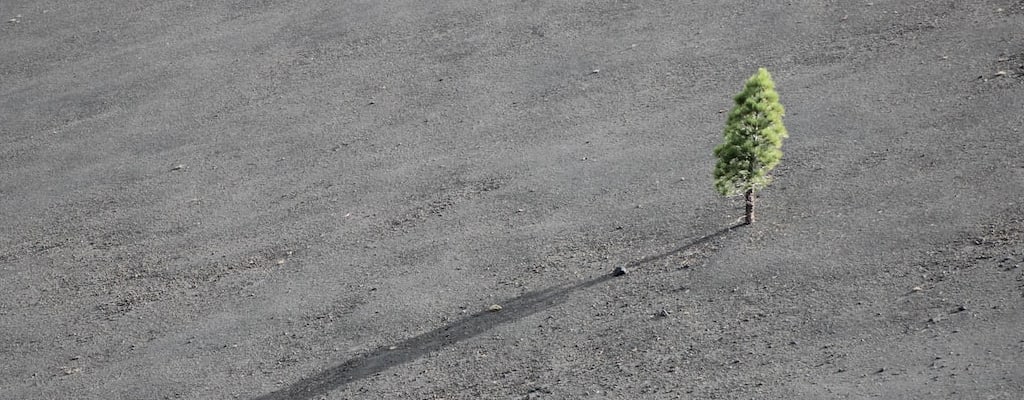dry up and blow away: Idiom Meaning and Origin
What does ‘dry up and blow away’ mean?
The idiom "dry up and blow away" means to disappear or become forgotten, often due to lack of attention or relevance. It conveys the idea of something becoming insignificant or irrelevant over time.

Idiom Explorer
The idiom "into thin air" means to disappear or vanish suddenly and completely, without leaving any traces or evidence behind.
The idiom "go the way of the dodo bird" means to become extinct or disappear completely, like the dodo bird did several centuries ago. It implies that something or someone is on the path towards total disappearance or obsolescence.
The idiom "go the way of the dinosaurs" means to become extinct or obsolete, similar to how dinosaurs disappeared from the Earth millions of years ago.
The idiom "gone with the wind" means to disappear or be completely lost, often without any trace or indication of where or how it happened.
One of the most iconic idioms in the English language is "gone with the wind." The origin of this idiomatic expression can be traced back to Margaret Mitchell's 1936 novel, "Gone with the Wind," which was later adapted into a highly successful film in 1939.
The idiom "go by the wayside" means to be forgotten or abandoned, usually due to a lack of attention or interest.
The idiom "fall by the wayside" means to fail or be forgotten, usually due to lack of interest or support.
The idiom "fall by the wayside" is commonly used in American English and has a figurative meaning. It is often used in a negative context to describe something or someone that fails to continue or succeed, usually due to a lack of effort or support.
An idiom, "fade out," means to gradually disappear or become less noticeable. This phrase is commonly used to describe the gradual decrease or end of something, such as a sound, a scene in a movie, or a memory.
The idiom "dry out" means to stop drinking alcohol or to recover from alcoholism or drug addiction. It can also refer to the process of removing moisture from something or to take a break from a situation or activity.
Dry out. This idiom is widely used in American English and has a variety of meanings and uses. The origins of the idiom can be traced back to the late 19th century.
The Disappearing Act
Dry up and blow away is an idiom commonly used in American English. It means to completely disappear or be annihilated. The idiom consists of two main components: 'dry up' and 'blow away'.
'Dry up' is a phrasal verb that means to lose moisture or become empty. It can also be used metaphorically to describe the loss of vitality or resources. 'Blow away' is a verb phrase that refers to being carried or erased by wind or a strong force.
When combined, 'dry up and blow away' creates a powerful image of complete disappearance or insignificance. It suggests that something has vanished completely, leaving behind nothing but emptiness or oblivion.
This idiom can be traced back to its literal origins, where it referred to objects losing moisture and being blown away by the wind. Over time, it has evolved to include abstract concepts and situations.
'Dry up and blow away' is used in various contexts, such as conversations, literature, and media. It can describe the disappearance of ideas, dreams, hopes, expectations, or plans. It conveys a sense of finality, suggesting that something has not only vanished but also become irrelevant or inconsequential.
In addition, the idiom can express frustration, disappointment, or disbelief. It intensifies these emotions by emphasizing the overwhelming impact or loss associated with the situation.
The idiom 'dry up and blow away' is a powerful expression that illustrates the complete disappearance or insignificance of something. It is widely used in American English to emphasize the vanishing or irrelevance of something, whether it be abstract concepts or tangible objects. Its figurative nature adds depth and intensity to the language, allowing speakers to convey strong emotions and emphasize the severity of a situation.
Example usage
Examples of how the idiom *dry up and blow away* can be used in a sentence:
- The old well has dried up and blown away, leaving the villagers without water.
- His dreams of becoming a professional athlete dried up and blew away after he suffered a career-ending injury.
- After losing all her money in the stock market, her hopes of early retirement dried up and blew away.
The idiom *dry up and blow away* is used to convey the idea of something disappearing or vanishing completely, often in a figurative sense. It suggests a loss or failure with a sense of finality, as though it has been reduced to dust and blown away by the wind.
More "Obsolete" idioms

